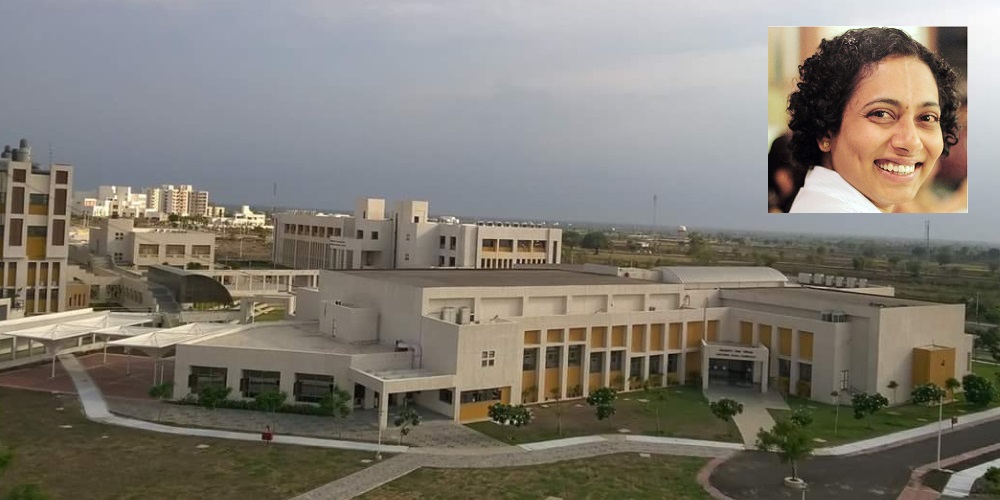Indian lady biologist finds a new low-cost method to treat Cancer by using mitochondrial proteins called VDAC

Scientists are working on new methods of cancer treatment, which will remove and eliminate cancerous cells at an early stage of development. One such method is with the help of mitochondrial membrane proteins called Voltage-Dependent Anion Channels (VDACs) that control cell life and death. This removal and elimination (called apoptosis), if done at the early stages of cancer onset, will lower the financial burden on Indian society.
Dr. R. Mahalakshmi, Associate Professor, Indian Institute of Science Education and Research (IISER) Bhopal, a recipient of SwarnaJayanti Fellowship of the Department of Science & Technology (DST) in 2020, Government of India, plans to identify molecular regulators that link mitochondrial VDAC proteins, which cell life and death (apoptosis), to cancer.
Three forms of VDAC exist in human mitochondria. Her research goals are directed towards identifying VDAC isoform-specific target sites that can be used for drug design and the development of effective medical interventions. Potent drugs targeting membrane proteins are exceedingly limited because these biomolecules are linked intricately with multiple indispensable functions in every cell. Particularly, mitochondrial membrane proteins undergo subtle changes in their regulation in several cancers. Hence, it has now become important to identify these subtle regulatory differences in these proteins under normal conditions and disease states.
By identifying differences between the different VDACs under normal conditions and disease states and characterizing these biomolecular differences, Dr. Mahalakshmi will generate ways to track and tackle cancer. Using information about molecular demarcating elements between these proteins, she will design and develop peptide-based targeted therapeutics that could inhibit mitochondrial membrane proteins in cancerous cells.
“My future research will additionally provide detailed insight on how cellular processes are regulated through mitochondria, and how the alterations in mitochondrial permeability during cancer impact other cellular processes like calcium balance, redox levels, and utilization of the energy produced by mitochondria. In addition to cancer, my work will also contribute to developing effective therapeutics for several neurodegenerative diseases,” Dr. Mahalakshmi pointed out.
In collaboration with pharmaceutical companies, Dr. Mahalakshmi envisions working towards customized therapeutics based on designed peptide-based mimetics of VDACs, as a direct outcome of the research.
“I strongly believe that promoting apoptosis at early stages of cancer onset is both advantageous and will lower the financial burden on Indian society. My research, and the development of peptidomimetic inhibitors, will lead to pharmacologically tractable solutions and effective medical interventions affordable by the Indian community,” she added.
Dr. Mahalakshmi is one of the many scientists in the world trying to solve the century-old protein-folding problem. Proteins of the same family are all folded the same way and they’re all stable to a similar extent, performing the same functions, she says. “The protein always does it right and it’s always an ensemble of identical structures with subtle differences.”
But how do proteins fold? What decides their structure and what makes them stay folded? Which molecules let them misfold? What causes the shift from the functional to the non-functional or disease states? These are questions that form part of the protein folding problem, and we still don’t have definite answers. But Dr. Mahalakshmi is trying hard to find out.



